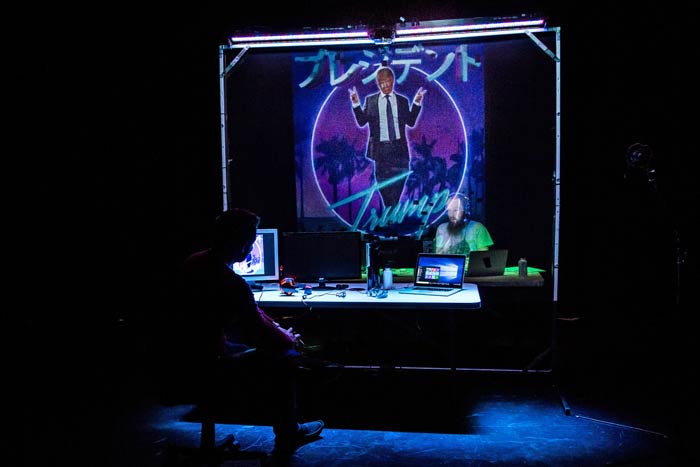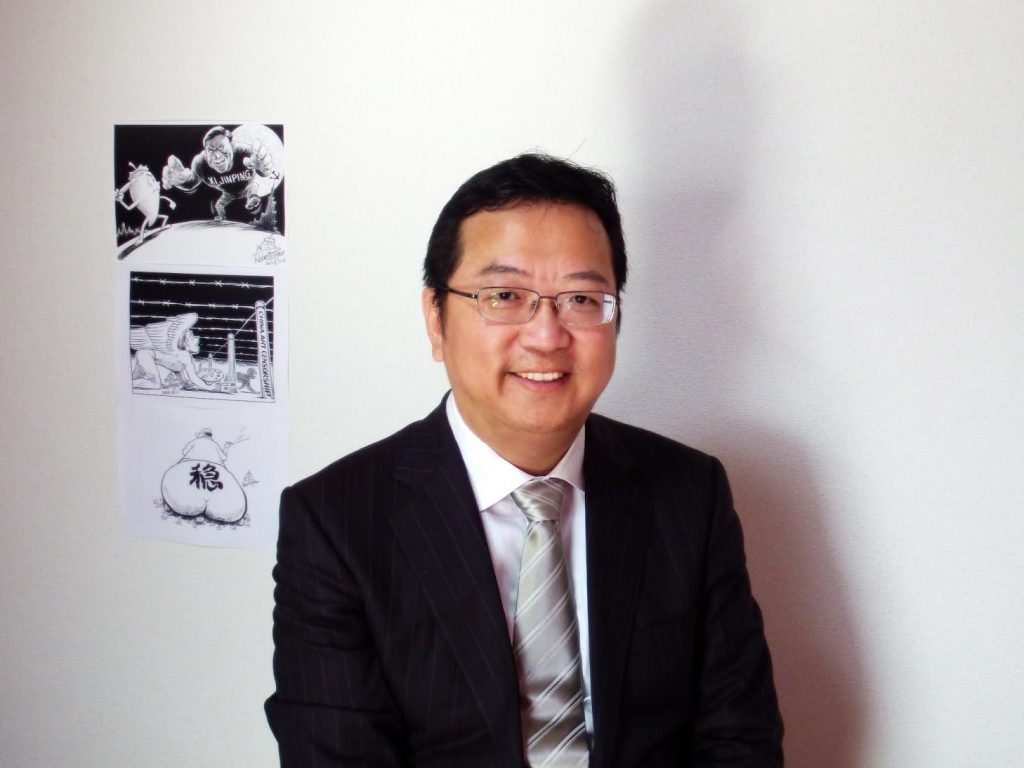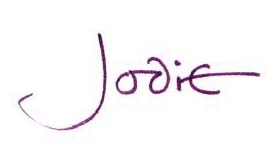Index relies entirely on the support of donors and readers to do its work.
Help us keep amplifying censored voices today.
[vc_row][vc_column][vc_column_text]International Arts Rights Advisors, a collective of arts and human rights experts of which Index on Censorship’s Julia Farrington is an associate, is concerned that there is a chill on artistic expression as a result of artists being intimidated, trolled, harassed and bullied online in reaction to their artistic and expressive activities.
They are conducting a survey to help them understand the nature and scale of these threats, how they impact on artistic activity in the online space and what steps can be taken in response.
This is a “testing the water” survey, to get a sense of the scale, reach and nature of online harassment, rather than try to measure it in any scientific way.
The survey is anonymous.
IARA respects your privacy and is committed to protecting your anonymity. IARA is also collecting case studies, so if you’d like to tell them more about your experience, please write to them at: [email protected]
This survey will take no more than 10 minutes to complete.[/vc_column_text][/vc_column][/vc_row][vc_row][vc_column][vc_btn title=”Click here to begin the survey” color=”danger” size=”lg” align=”center” i_icon_fontawesome=”fa fa-check-square-o” button_block=”true” add_icon=”true” link=”url:https%3A%2F%2Fwww.surveymonkey.co.uk%2Fr%2FOnlineHarassment|||”][/vc_column][/vc_row]
[vc_row][vc_column][vc_single_image image=”96602″ img_size=”full” add_caption=”yes” alignment=”center”][vc_column_text]This panel is part of Reflective Conservatoire Conference 2018: Artists as Citizens hosted by the Guildhall School.
On 26 September 1968 the Theatres Act abolished a censorship that had controlled plays in Great Britain since 1737. The next day the musical Hair opened in London with rock anthems and nude hippies. Expression was free.
Fifty years on, what are the forces at work that may be challenging a freedom of expression?
Who or what are the new Lord Chamberlains? How free are our performing arts?
This panel discussion, chaired by Jodie Ginsberg, CEO of Index on Censorship, will include contributions from experts from across the sector. It launches the Shakespeare’s Globe series on Shakespeare and Censorship and makes up part of the Guildhall School of Music and Drama’s Reflective Conservatoire Conference.
Delegates to the Reflective Conservatoire Conference will be able to register for complimentary tickets to this panel discussion once they go on sale on 4 December.[/vc_column_text][vc_column_text]
[/vc_column_text][/vc_column][/vc_row]
[vc_row][vc_column][vc_column_text]

Playwright Javaad Alipoor told The Guardian that “the response to radicalism is to shut down debate for young people”. His play The Believers Are But Brothers will be performed at the Bush Theatre beginning 24 January 2018.
It’s easy to dismiss the importance of arts in a democracy; its social value is disregarded when it is seen as the province of the rich and privileged. Yet when we look to more authoritarian regimes across the globe Index is reminded constantly of the importance of the role of arts as a voice of dissent and the extraordinary amount of time that repressive states spend suppressing it. If the spoken or written word, if performance or image did not have power, then dictators wouldn’t spend so much time actively silencing and persecuting artists.
But let’s not just look to repressive regimes when we want to talk about censorship. Artists are often the canaries in the mine, a leading barometer of freedom in any country, with the ability to powerfully capture uncomfortable truths. The consequences are different here in the UK, we don’t imprison artists or worse, but ensuring the creation of work by artists who are by law, free to speak, means creating the environment in which risks can be taken.
Yet, in the UK in 2017, when arts have a critically, crucially important role to express and process the diverse and often divergent opinion and experience that coexist in our society, we have created a risk-averse culture. A raft of social, legal and political pressures threaten to limit the space available for expression. New legislation, lack of clarity around policing roles and responsibilities, fear of media backlash or social media storm, loss of funding, means that arts organisations are not always confident about taking the kinds of risks they would like – or indeed need – to make the best art. If only a few groups feel able to explore the most difficult subjects or give voice to underrepresented communities, then, when something goes wrong, it gets harder for the entire arts community to address sensitive issues.
In 2010, when I started in this work, freedom of expression was not a priority for the arts sector; it was assumed safe and left to fend for itself. This never works, as Michael Scammell, the first editor of Index reminds us: “Freedom of expression is not self-perpetuating…”.
When we asked a conference of theatre directors at the time which was more important: audience development or freedom of expression, 100% said the former. Audience development, as I understand it, is about bringing in new audiences, reaching out to find fresh creative voices and breaking the homogenous mould of arts audiences. Yet the call for inclusivity and equality of access has tended to be resolved around a desire to please and a fear of offending, leading to a loss of appetite for the unpopular expression and risk-taking, as identified in Index’s 2013 conference Taking the Offensive and numerous case studies as part of Index’s Art and the Law guides. And still the arts remain obstinately homogenous.
Playwright, director Javaad Alipoor said in a recent interview with Index: “There is a whole discourse about risk [in the theatre industry] that we need to shift. We take risks all the time, but the way we are willing to do it is mega-racialised. Some people are a risk and some people aren’t a risk. I overheard some relatively sensible liberal people describing the appointment of Kwame Kwei-Armah [ newly appointed director of the Young Vic] as a bold move. I thought – it’s a good move. Here is an internationally successful guy, running an internationally successful theatre.”
Look at the two 2015 plays about radicalisation: Homegrown, commissioned by the National Youth Theatre (NYT) written and directed by Nadia Latif and Omar El Khairy, was cancelled; Another World – Losing our Children to Islamic State – by Gillian Slovo and developed by Nicolas Kent, commissioned by the National Theatre, was produced. Whatever else might have happened at NYT, the fact remains that Latif and El Khairy, two creatives from a Muslim background, and the 115 young people they were working with, were not allowed to speak, while two establishment figures were free to express their view of the same issue. This illustrates Alipoor’s point perfectly.
Add to this the role of the police in cancelling work, going all the way back to Gurpreet Kaur Bhatti’s play Behzti in Birmingham in 2004; more recently the removal of ISIS Threaten Sylvania on the advice of the police in 2015; the policing of the Boycott the Human Zoo picket that led to the cancellation of the Barbican production of Exhibit B in London; the banning of music performances by police in Leicester and Bristol at the behest of local Islamic leaders. All point to the uneasy relations between state, the arts sector and artistic expression about issues of race and religion. A policing pattern has emerged, in which it is easier to remove what is deemed to be provocative and so dispel or prevent protest, than manage the situation and allow the artwork to go ahead. The arts sector has been caught out each time.
This pattern of policing interferes with the fundamental right to freedom of expression, something Index has taken up with National Police Lead on Public Order. Index is now working with a Senior Police Trainer to develop better support for the arts sector. His team will contribute to our training programme next year, which will also feature an introduction to our guidance on the legal and rights framework for artists and arts organisations – see below.
We are living in a society and at a time, when the lived experience of hundreds of thousands of people is becoming unspeakable. Although it doesn’t appear to be the case that Prevent officers are checking out what is going on in our theatres and galleries, the impact of Prevent as a force for pervasive self-censorship across Muslim communities is massive and one of the main free speech issues of the day. This will of course influence what makes its way into our arts venues. Add to that other invasive state surveillance powers, the rolling back of human rights generally, the arts has an ever more important role to play to tackle these issues, to ask the most important questions, to challenge growing authoritarian tendencies; playing safe is not an option.
The sector plays a vital role in providing space for open debate, but as Svetlana Mintcheva, an international arts and censorship experts writes: “That role is threatened if those institutions fail to take on real controversies around difficult and emotionally charged subject matter because some of that subject matter may be offensive or even traumatic. Unless they are prepared to welcome genuine conflict and disagreement, cultural institutions will operate as echo chambers under the pall of a fearful consensus, rather than leaders in a vibrant and agonistic public sphere.”
These are some of the issues that we are grappling with in our training: Rights, Risks & Reputations – Challenging a Risk Averse Culture, aiming to give arts leaders the information they need to take difficult, risky decisions more confidently. They will complement the efforts that many organisations are making, and have been making for decades in some cases, to diversify, by reinforcing the importance of risk and controversy in achieving these aims. To this end, we will be taking a close look at the social importance of risk and controversy and the steps needed to reinforce appetite and capacity for risk-taking; how the powerful complementarity of the rights to freedom of expression and equality gives a useful framework for this work. Looking at issues that could lead to self-censorship – fear of causing offence and/or protest and confusion around new counter-terrorism legislation, we will dig into Index’s legal guides for arts on three legally protected areas of society: Counter-Terrorism, Race and Religion and Public Order; Public Order police trainers will present their perspective on how and when to work with the police around artwork that might generate protest in the public space; and there will be a module on ethical fundraising.
The second part of the Michael Scammells statement quoted above is “freedom of expression...has to be actively maintained by the vigilance of those that care about it”. Freedom of expression is an active stance full of challenges, just like equality – both need to be enacted, not left on the shelf in a policy document. Freedom of expression where everyone agrees is not worth the paper it is written on; it will always include the right to shock, insult and offend. And, coupled with equality, it changes whose stories, imagination, revelations and visions shock, insult and offend even as they inspire, inform and transform.[/vc_column_text][/vc_column][/vc_row]
[vc_row][vc_column][vc_column_text]

Rebel Pepper, Chinese artist, is the 2017 Freedom of Expression Awards Arts Fellow.
“China has little to no freedom of speech and its people are constantly living in fear.”
— Rebel Pepper (Wang Liming), Cartoonist, 2017 Arts Fellow
Silence is the oppressor’s friend. Targeting those who challenge corruption and injustice – like this year’s Freedom of Expression Awards Fellow Rebel Pepper – is the favoured tool of those who seek to crush dissent. We cannot let the bullies win.
With your help, each year we are able to support writers, journalists and artists at the free speech front line – wherever they are in the world – through Index Fellowships. These remarkable individuals risk their freedom, their families and even their lives to speak out against injustice, censorship and threats to free expression.
I am writing now to ask you to support the Index Fellows. Your donation provides the support and recognition these outstanding individuals need to ensure their voices are heard despite the restrictions under which they are forced to live and work.
 Your support will help winners like Rebel Pepper, censored by Chinese authorities for his cartoons lampooning the government. Forced into exile, he’s now working for Radio Free Asia and living in the USA with his wife and newborn child, and looking for opportunities to showcase his work to a wider audience.
Your support will help winners like Rebel Pepper, censored by Chinese authorities for his cartoons lampooning the government. Forced into exile, he’s now working for Radio Free Asia and living in the USA with his wife and newborn child, and looking for opportunities to showcase his work to a wider audience.
Working with Index, Rebel Pepper also hopes to reach more of his original fans inside mainland China from whom he’s been cut off for several years. “There are a lot of terrible things recently” says Rebel Pepper, “the CCP’s control of society is becoming more and more severe, people get less and less chance of real news from outside, and vice versa.” Nonetheless, “this award give me energy to keep walking on the cartoon creative road”.
I hope you will consider showing your support for free speech and the Index Fellows. A gift of £500 would support professional psychological assistance for a fellow; a gift of £100 helps them travel to speak at more public events. A gift of £50 helps us to be available for them 24/7. You can make your donation online now.
Please give what you can in the fight against censorship in 2018. Make your voice heard so that others can do the same.
Thank you for your support.

Jodie Ginsberg, CEO
P.S. The 2018 Index on Censorship awards will be held in April. To find out more about the awards including previous winners, please visit: https://www.indexoncensorship.org/awards
Index on Censorship is an international charity that promotes and defends the right to free expression. We publish the work of censored writers, journalists and artists, and monitor, and campaign against, censorship worldwide.[/vc_column_text][/vc_column][/vc_row][vc_row][vc_column][vc_basic_grid post_type=”post” max_items=”12″ style=”load-more” items_per_page=”4″ element_width=”6″ grid_id=”vc_gid:1513332894550-8daa2ef8-543f-7″ taxonomies=”9021″][/vc_column][/vc_row]